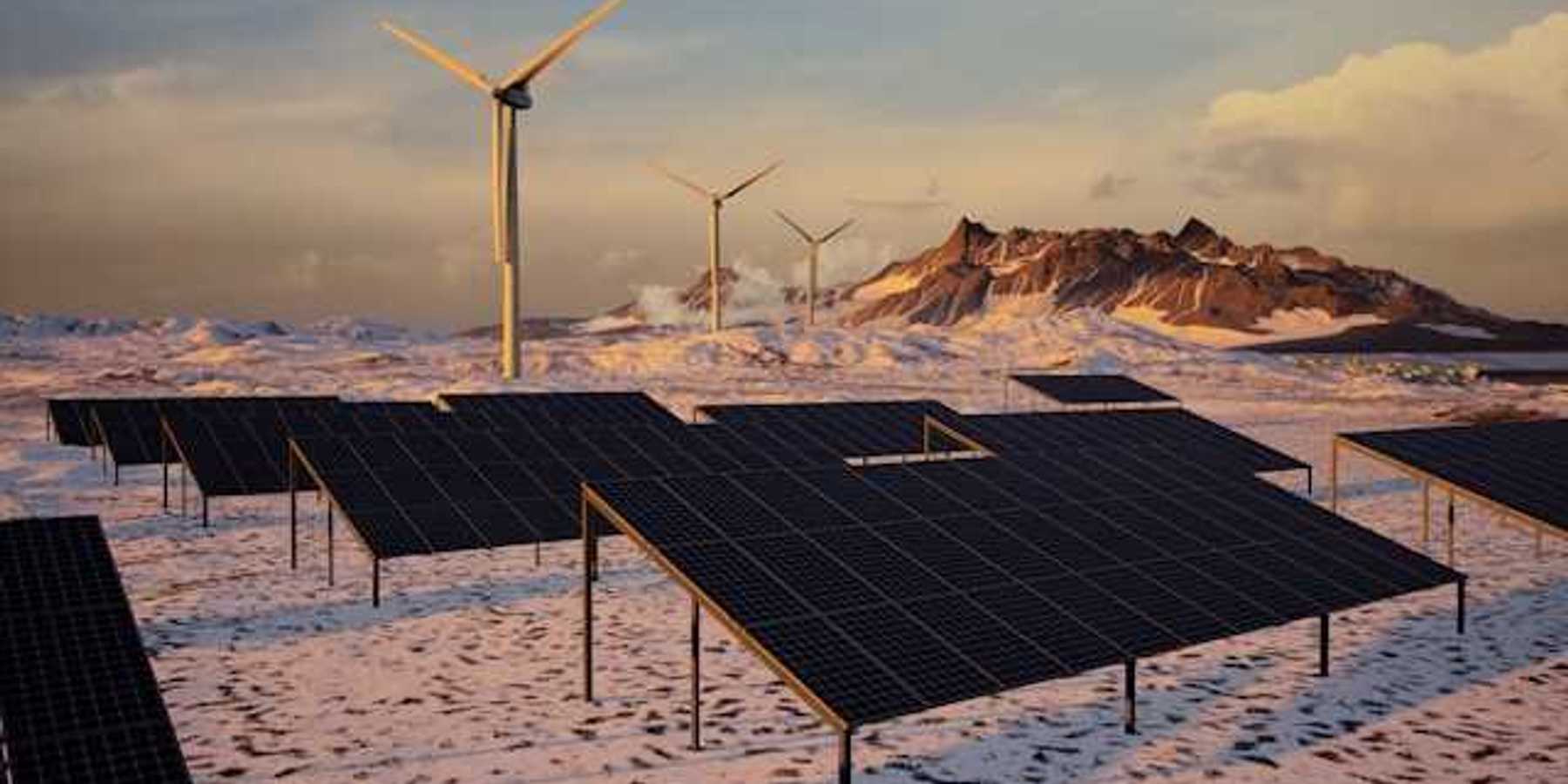Washington's climate law faces repeal challenge despite oil industry's support
Washington state's cap-and-trade program, backed by major oil companies, is now threatened by a repeal initiative led by a hedge-fund manager.
In short:
- Washington's Climate Commitment Act, a cap-and-trade program, is under threat of repeal despite previous support from oil companies like BP.
- The program, which generated more than $2 billion for climate projects, faces opposition from Brian Heywood, who argues it contributes to high gas prices.
- Oil companies, while critical of certain aspects of the program, prefer to work with legislators for improvements rather than support its repeal.
Key quote:
"We have never been against the Climate Commitment Act."
— Kevin Slagle, vice president of communications, Western States Petroleum Association
Why this matters:
The potential repeal of Washington's climate law highlights the complex relationship between environmental legislation, the oil industry, and public perception. While oil companies show unexpected support for the cap-and-trade system, public opposition fueled by concerns over gas prices poses a significant challenge. This situation underscores the delicate balance needed in crafting effective climate policies that align industry interests with environmental goals.
Related: As Pennsylvania moves to join a regional greenhouse gas initiative, experts say it will also reduce toxics, foster healthier kids, and save the state billions. But GOP policymakers and industry groups remain opposed.













